International Women’s Day will be observed on March 8. Around the world, special events will celebrate the cultural, social, political and economic achievements of women. However, this last area – economic progress – is one that still causes concern, and rightfully so, because women still face gender-related challenges. How can you deal with them? To begin with, you need to recognize the nature of these challenges. While many factors are actually responsible for women facing more economic pressure than men, two stand out in particular: Gender wage gap – It’s still around, despite some progress toward equality. The U.S. Census Bureau has found that full-time, year-round working women earn about 80% of what their male counterparts earn. Other studies show a slightly smaller gap. Caregiving responsibilities – Women typically take more time away from the workforce than men, both to raise children and then, later in life, to take care of aging parents. These absences can result in lost wages, lower Social Security benefits and fewer contributions to 401(k) and similar retirement plans. So, given these realities, what can you do to improve your own financial outlook? Here are a few suggestions: Increase your contributions to your retirement plan. Every time your salary goes up, increase the amount you contribute to your 401(k) or similar retirement plan. At a minimum, put in enough to earn your employer’s match, if one is offered. These plans offer potential tax-deferred earnings, and since your contributions are typically made with pre-tax dollars, the more you put in, the lower your taxable income. Invest for growth. Some studies show that men may invest more aggressively than women – though not necessarily more successfully. However, while you do need to invest wisely, you can’t ignore the need for growth. Consequently, you should consider including a reasonable percentage of growth-oriented investments in your retirement and other investment accounts, with the precise amount depending on your individual goals, risk tolerance and time horizon. Look for income even while serving as caregiver. Of course, you may never become the primary caregiver for your elderly parents – but even if you do, it doesn’t necessarily follow that you must forego all earned income. If it’s possible, you could seek to go part-time at your current job, or request some type of telecommuting arrangement. And as long as you have some earned income, from somewhere, you can still contribute to an IRA. Manage retirement plan withdrawals carefully. Once you’re retired, possibly to become a full-time caregiver, you can take penalty-free – though still taxable – withdrawals from your 401(k) as early as age 55, provided you meet certain conditions. Once you’re 59-1/2, you can take penalty-free withdrawals from a traditional IRA, though the money will be taxable. While you can withdraw contributions you made to a Roth IRA at any time, tax- and penalty-free, you’ll have to wait until 59-1/2 to take out your earnings free of taxes and penalties. And you’ll need to find a sustainable withdrawal rate so you can reduce the risk of depleting these accounts too early. As a society, we are still working toward equality for all people – including economic equality. As a woman, however, you can’t afford to wait until that day arrives, so you need to be proactive in seeking and maintaining your financial security. This article was written by Edward Jones for use by your local Edward Jones Financial Advisor.
Women Need to Make Additional Financial Moves
- 02/27/2019 10:36 AM (update 04/10/2023 11:09 PM)
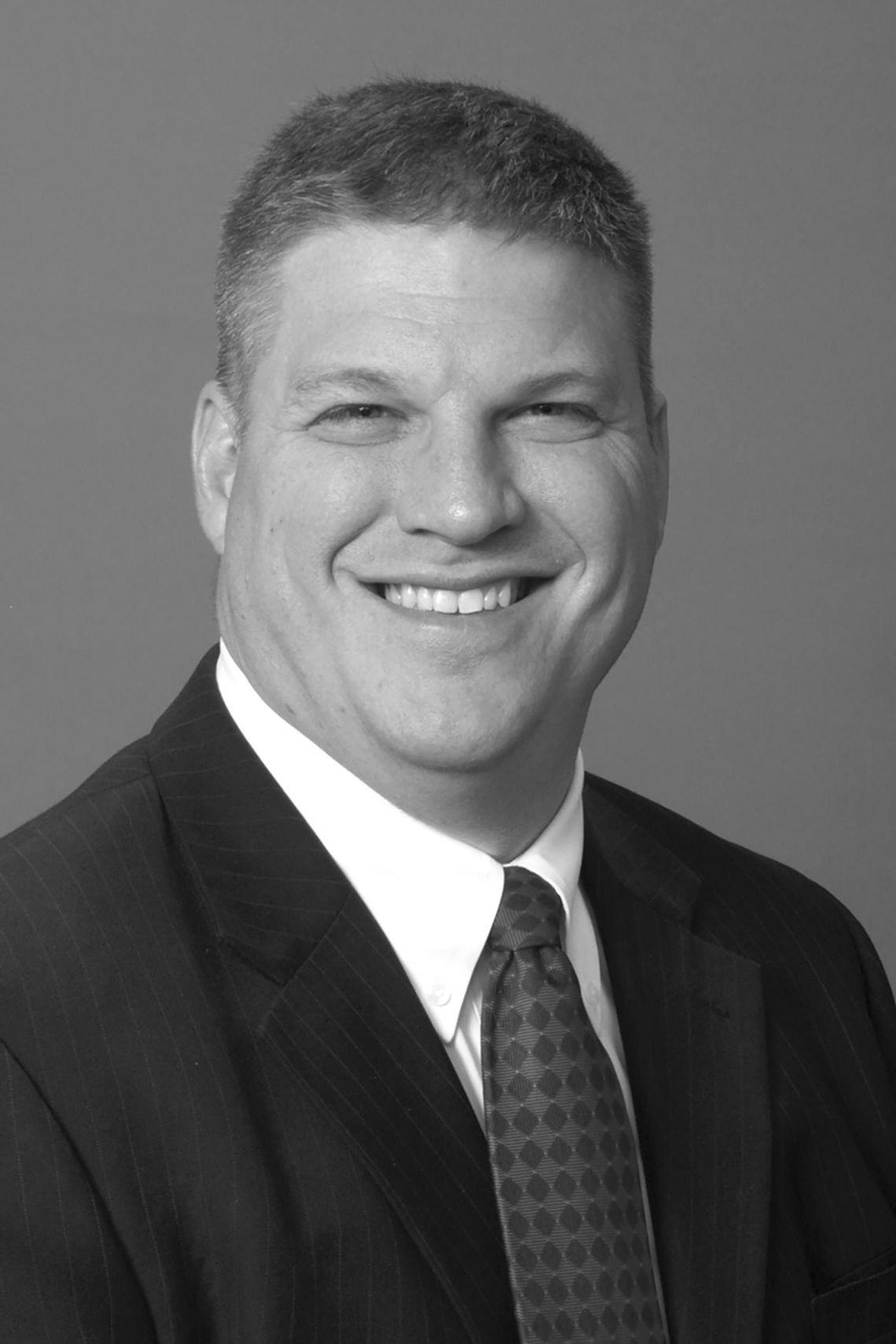

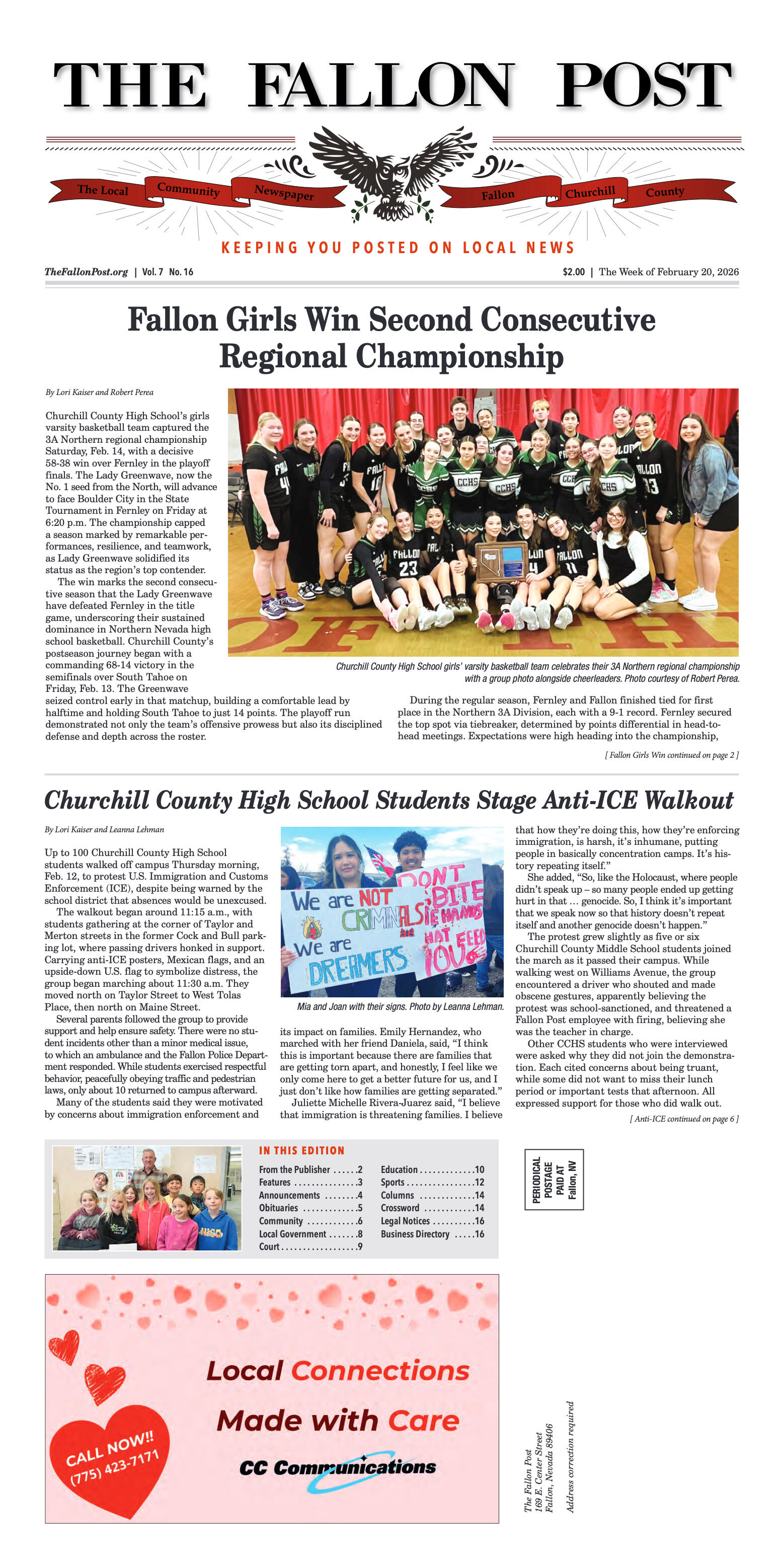
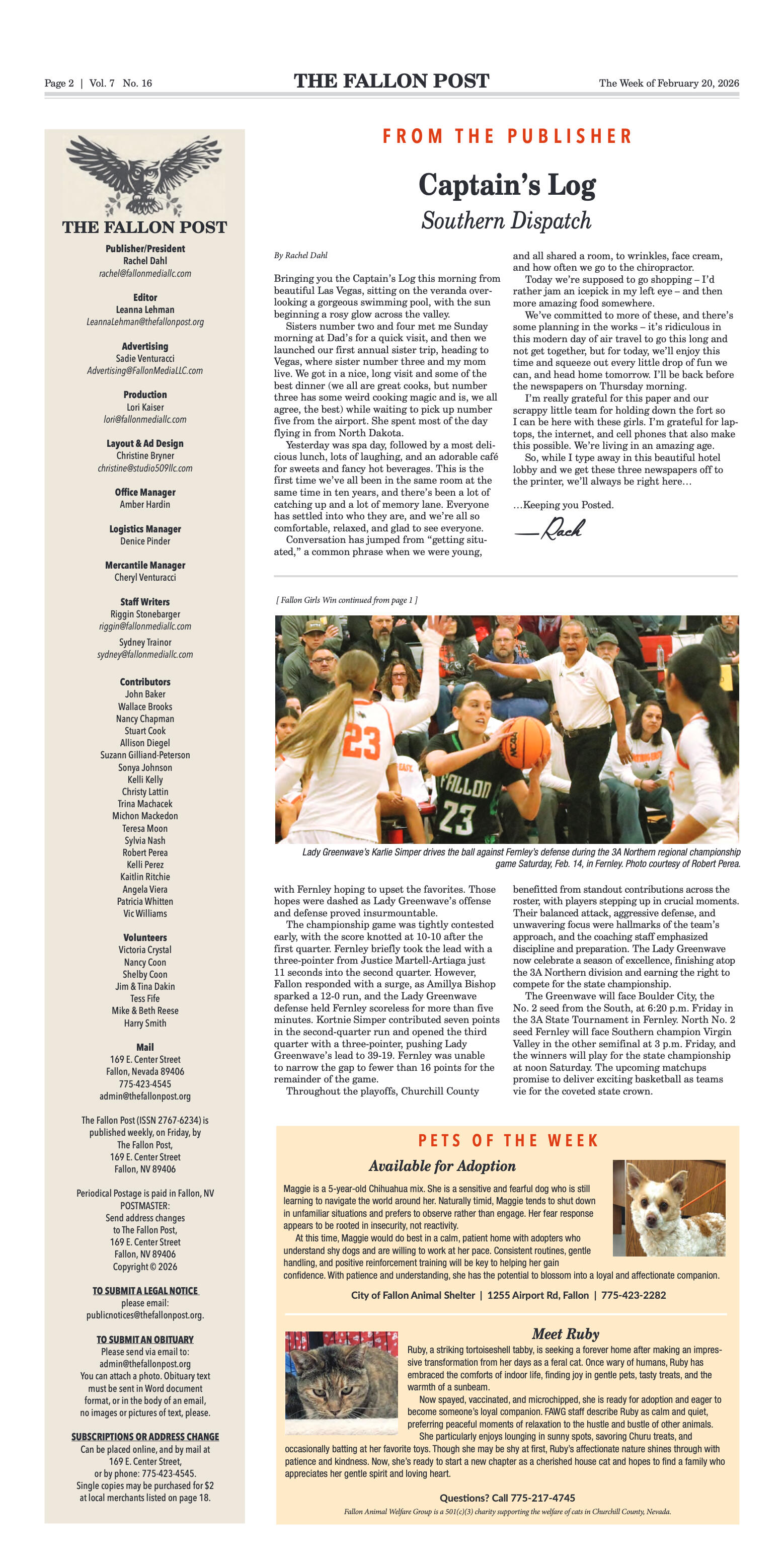

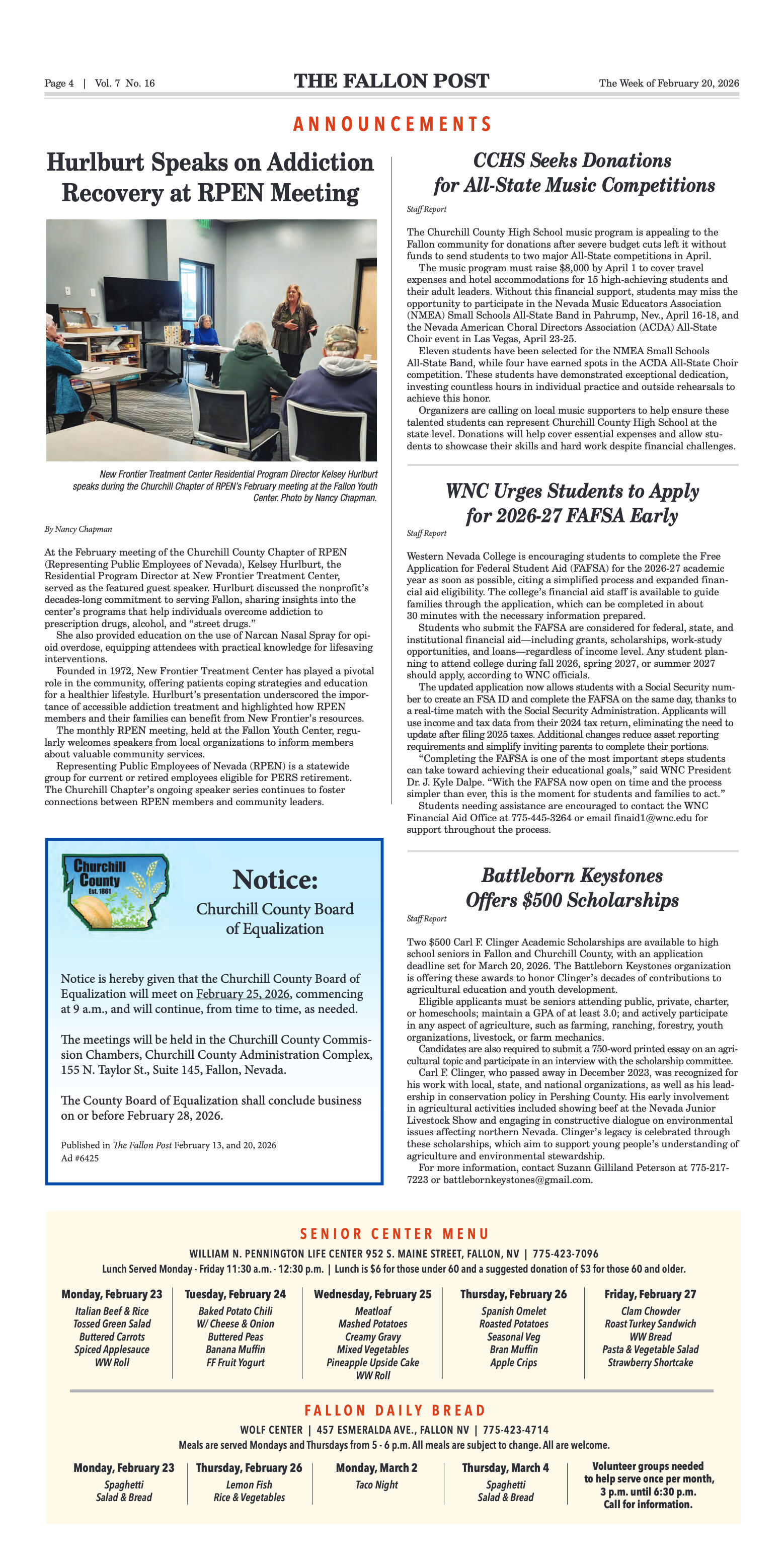
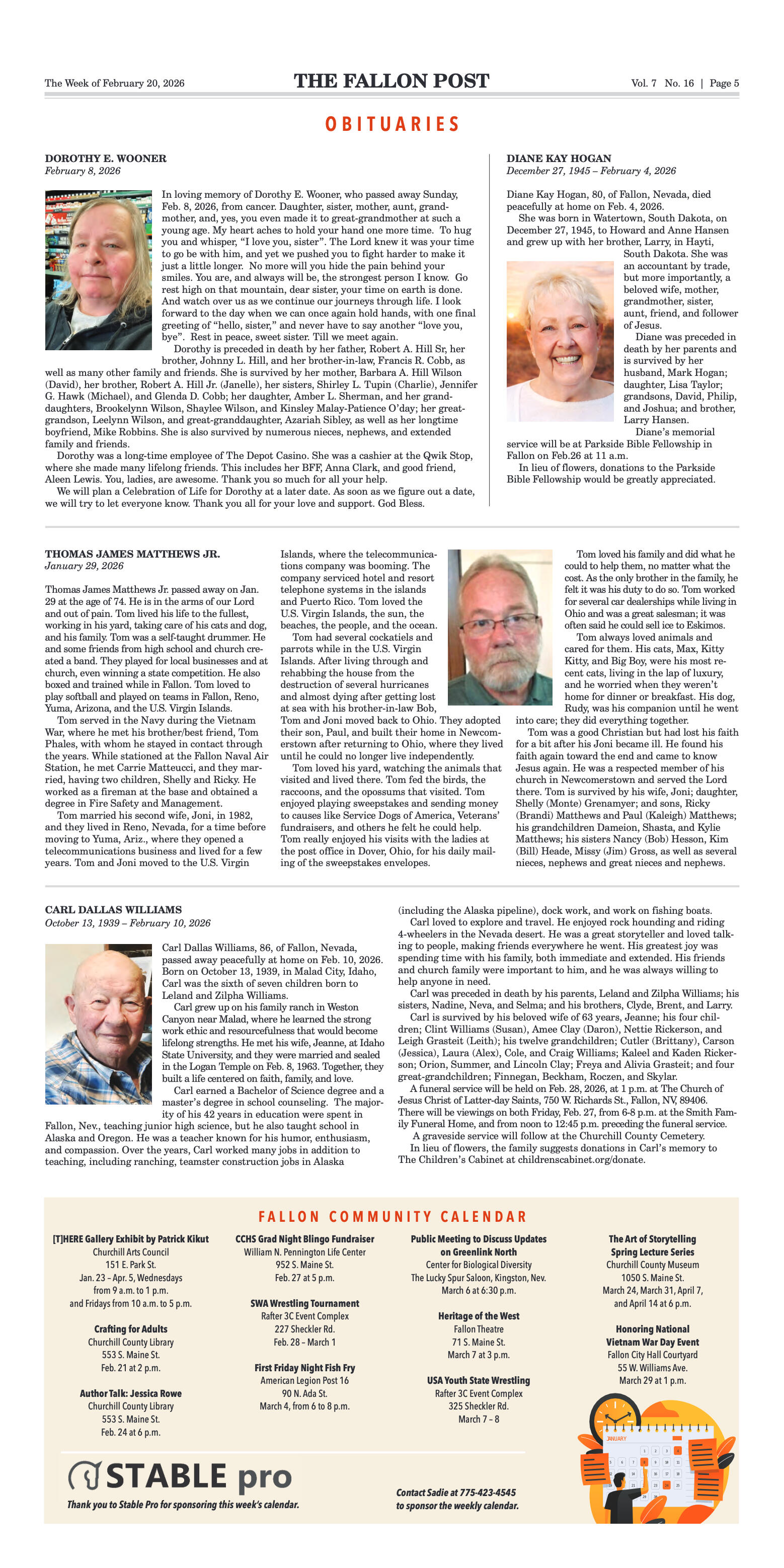
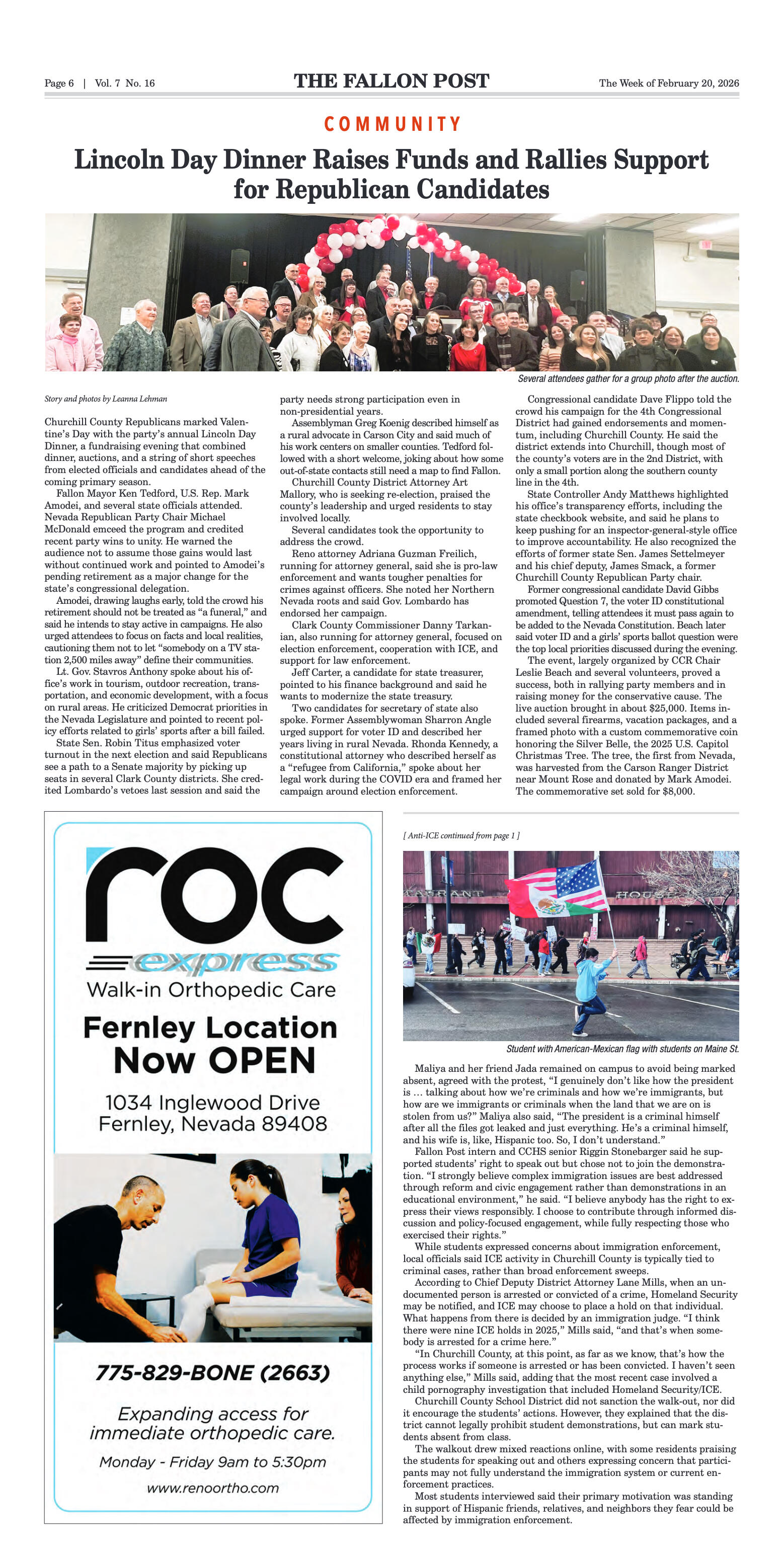


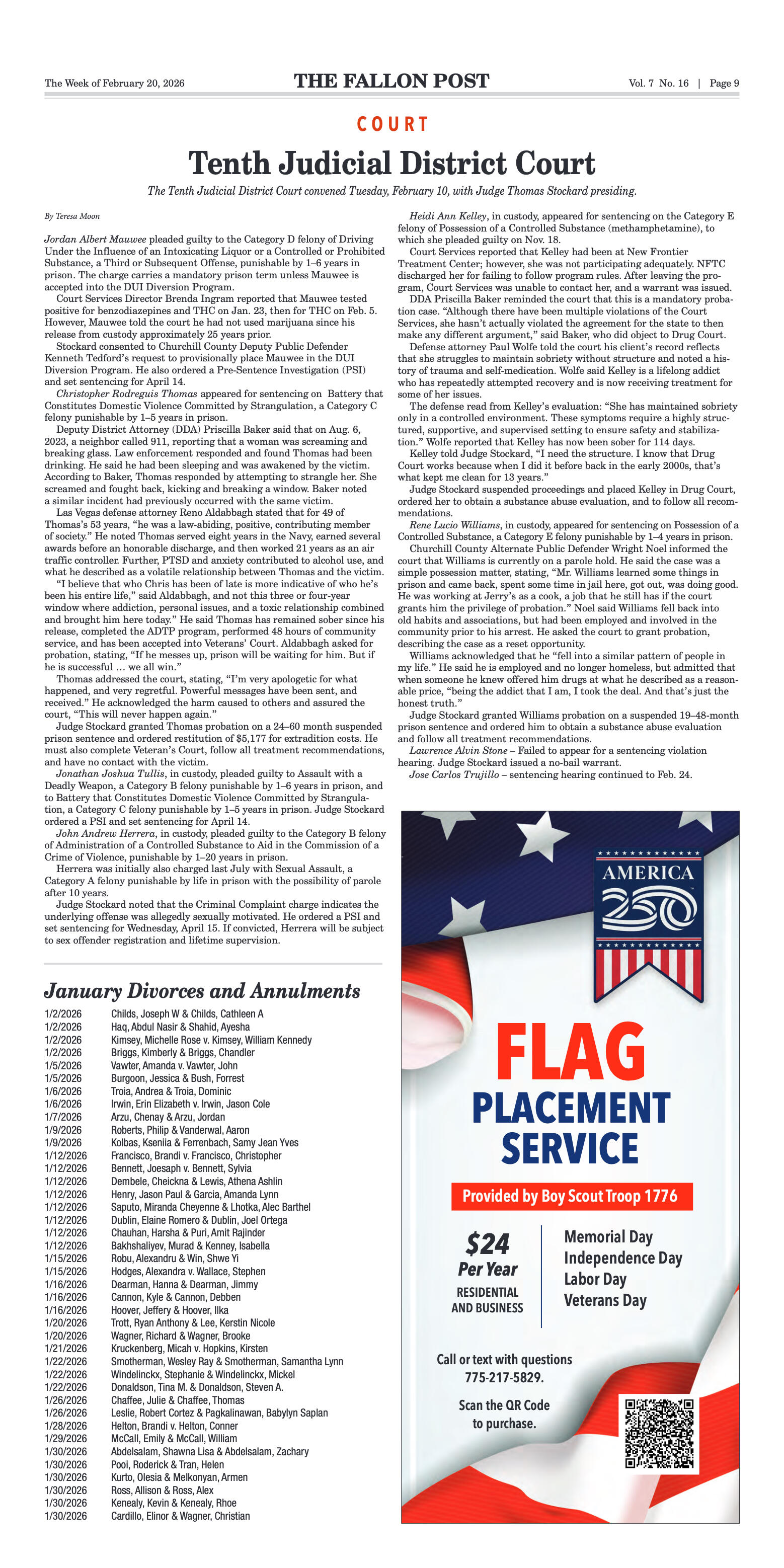
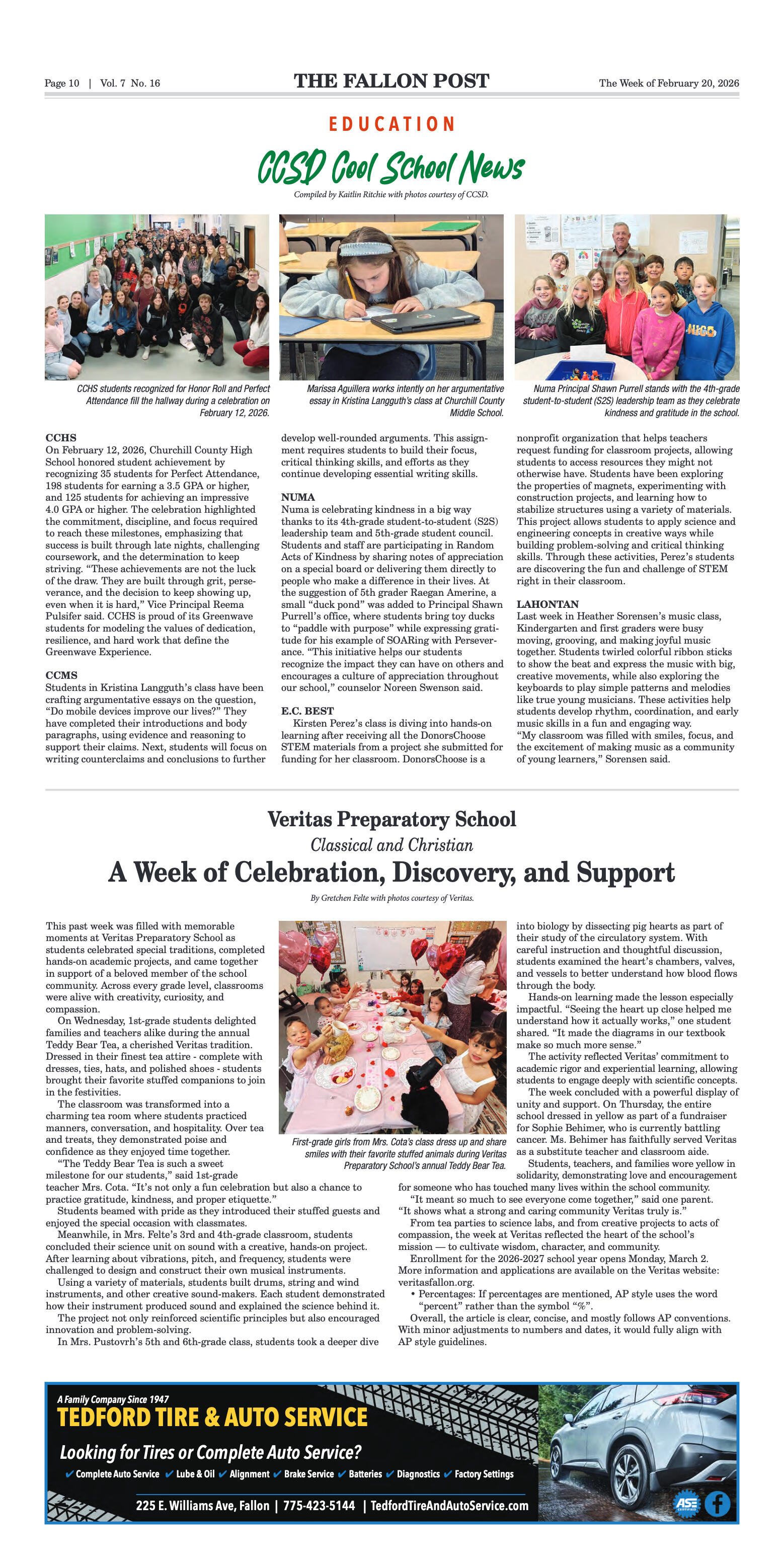




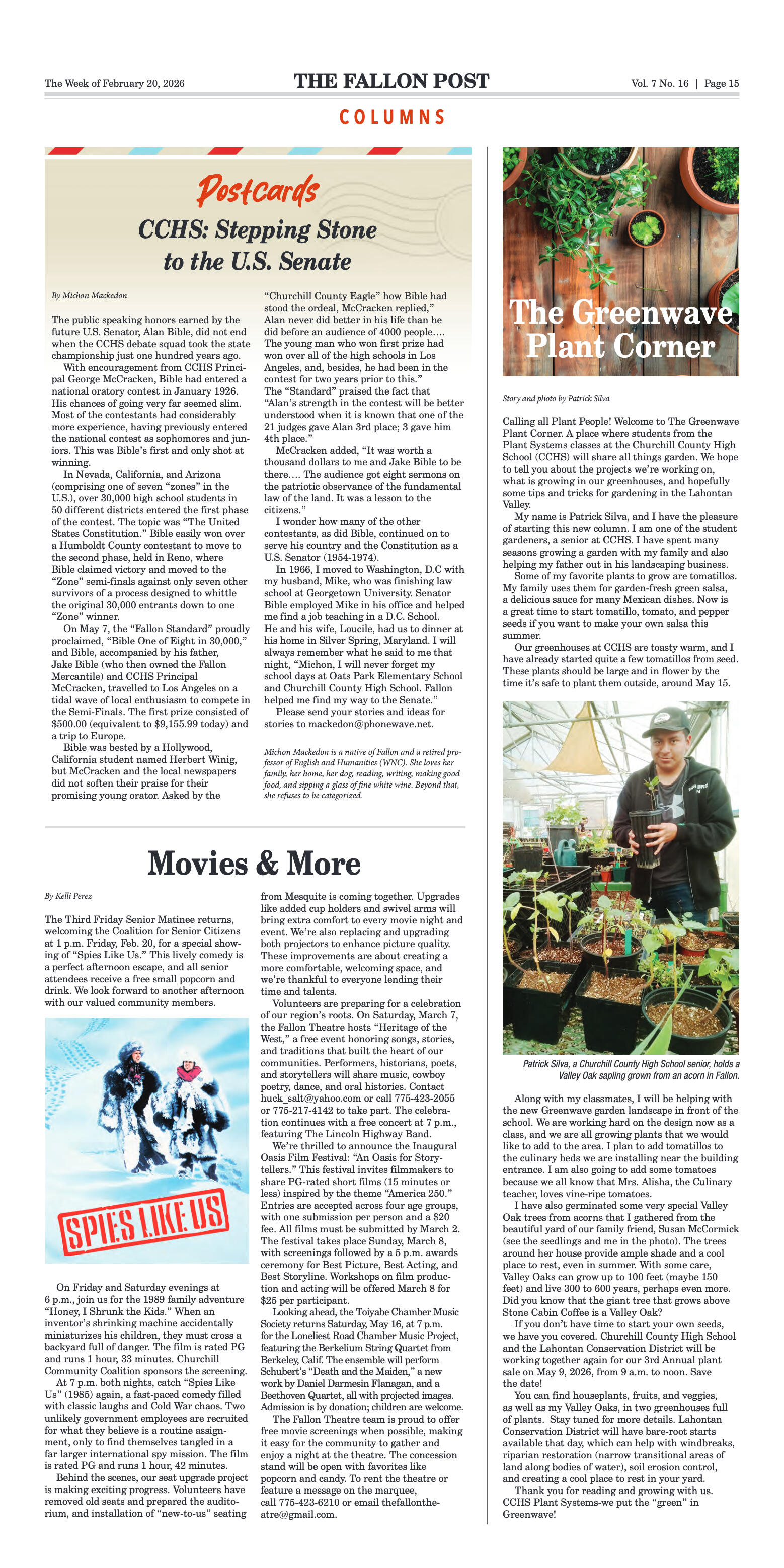
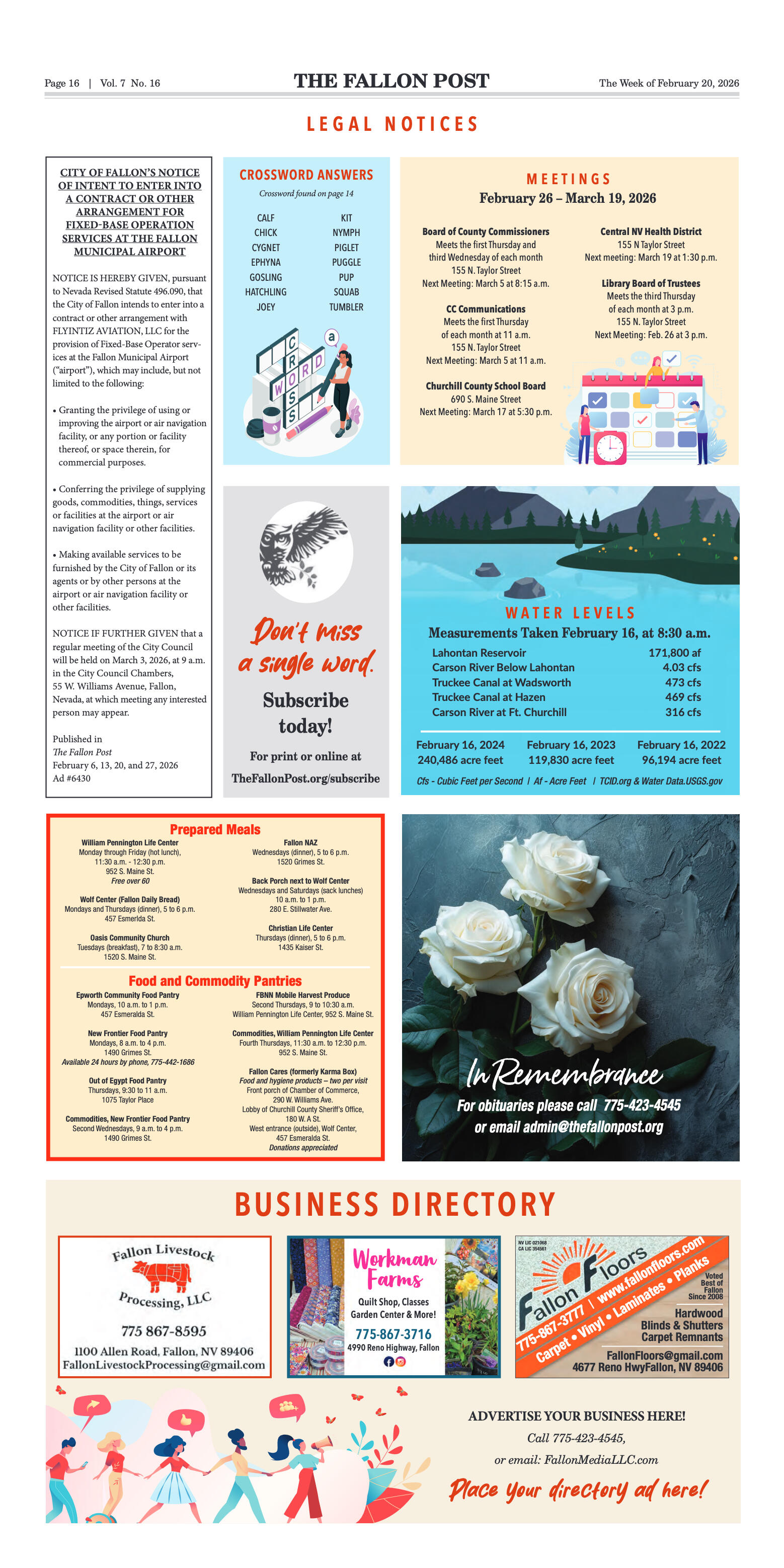


























Comment
Comments